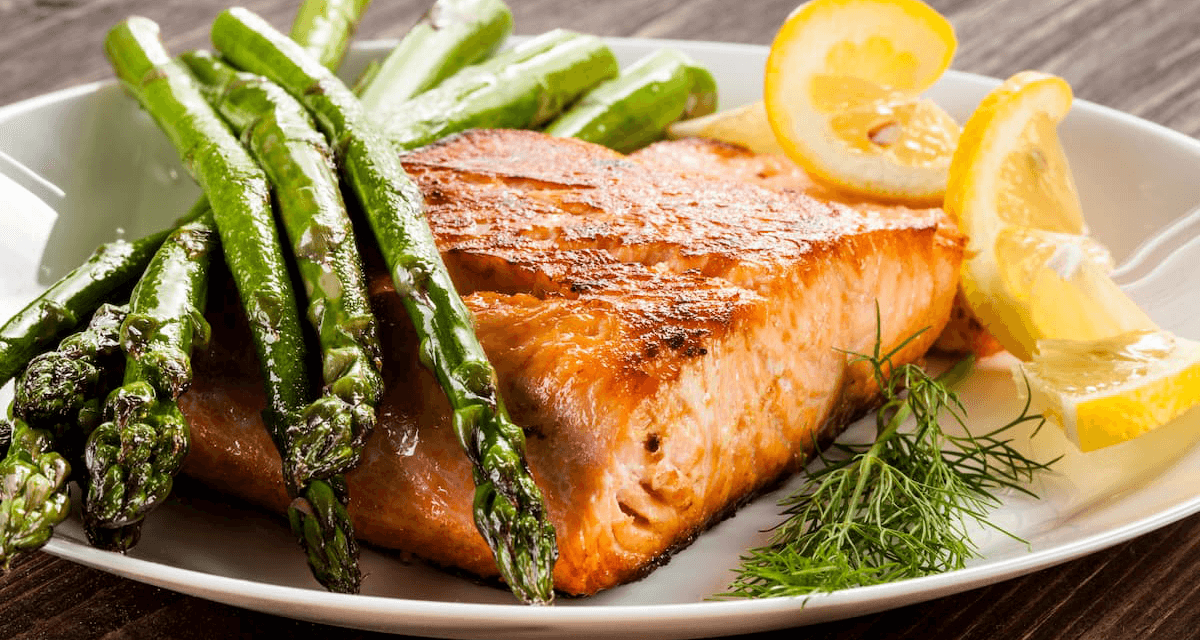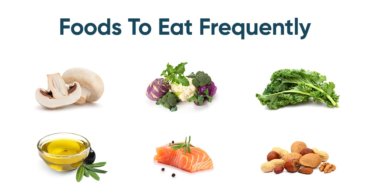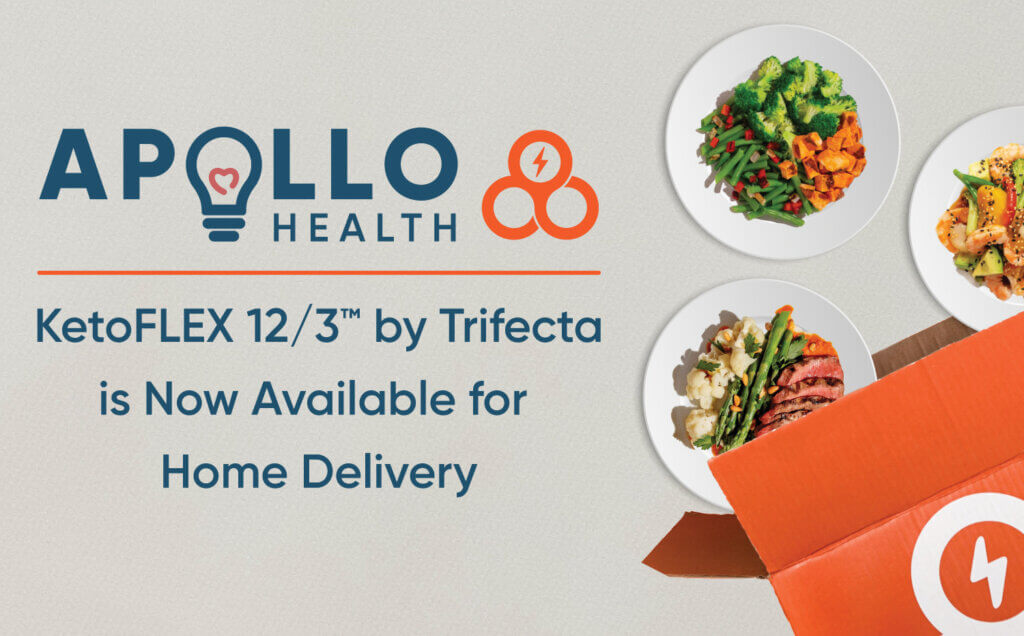May 7, 2020
The Best Animal Foods For Cognition


A heavily plant-based diet offers many benefits for brain health. For instance, phytonutrients in vegetables and fruits can repair cell damage and upregulate immune function through antioxidant, antibacterial, anti-inflammatory, antiviral, and epigenetic effects. Vegetables also play a primary role in helping our bodies detoxify and thrive in an increasingly toxic world. Plus, the bacterial fermentation of fiber and resistant starch from vegetables contribute to a healthy gut microbiome, creating short-chain fatty acids that help to fuel and support our brains.
Combining plants with carefully chosen animal proteins, however, provides optimal neuroprotection.
Which Animal Proteins Are Best?
You might be wondering which animal foods are superior for cognition. Wild-caught seafood and pastured eggs are the clear winners. Why? Our brains are more than 60% fat, and it is mostly their unique fat that makes fatty fish (omega-3 fatty acids, especially DHA) and egg yolks (choline) so important.
- DHA
The brain is unable to manufacture DHA locally, and yet DHA comprises 90% of the omega-3 fatty acids contained in our brains. Instead, our DHA levels are maintained primarily through the uptake of DHA from lipids in circulating blood that crosses the blood-brain barrier and, thus, come from the omega-3 fatty acids in our diet. A wealth of evidence suggests that maintaining an adequate level of omega-3 fatty acids provides powerful neuroprotection.
- DHA incorporates into the cell membranes, increasing fluidity, which is important for cell transport and communication.
- DHA is one of the most important fats for synaptic structure.
- DHA increases BDNF, “fertilizer” for our brains, that has an anti-Alzheimer’s effect, promoting the survival of new brain cells and protecting existing ones.
The role of DHA may be especially critical for aging brains since they tend to shrink in size and exhibit increased oxidation and changes in membrane lipid composition.
- Choline
Choline, a micronutrient, is critical to brain function and structure. Those who consume a lower intake of phosphatidylcholine (of which choline is a component) have been found to be at higher risk for dementia, and Alzheimer’s patients have reduced levels in their brains. A recent study demonstrated that choline not only improved spatial memory in pregnant mice, but it did so for several generations, without further supplementation, underscoring its neuroprotective importance.
- Choline stimulates the production of acetylcholine, a neurotransmitter responsible for synaptic connections essential to memory.
- Higher levels of phosphatidylcholine are associated with memory performance and resistance to cognitive decline.
- Choline has also been found to aid in the reduction of homocysteine, which is implicated in both dementia and cardiovascular disease.

Best Sources
When it comes to selecting animal protein, quality matters, quality matters, quality matters. Did you get that? We can’t say it strongly enough. Your goal is to always choose animals that have lived as close as possible to the way that nature intended. In general, that means avoiding all animals that have been unnaturally raised from fish farms or commercial animal feedlot operations (CAFOs) and, instead, sourcing wild-caught or 100% pastured products.
- DHA
Look for fish that are wild-caught, cold-water, high in omega-3s, and low in mercury. Aim for open ocean and smaller fish, as industrial chemicals accumulate in fishes’ bodies and reach the highest levels in larger, long-lived fish. A good key to hit these metrics is to remember the SMASH (salmon, mackerel, anchovies, sardines, and herring) acronym. Avoid the king mackerel species, which is high in mercury. Cod, sole (flounder), and pollack are other safe fish. Additional good options include shellfish, mollusks, and crustaceans like shrimp, scallops, oysters, clams, and mussels.
- Choline
Egg yolks are among the best dietary sources for choline. When choosing eggs, do your homework and try your best to find eggs from poultry that has lots of room to roam on land free from pesticides, herbicides, and other contamination, and which is fed little to no supplemental grain. Fish and liver are other decent sources of choline. Extraordinarily nutrient-dense liver should always be sourced from 100% pastured animals. Luckily, since many people find the taste a bit difficult to enjoy, a little goes a long way. One or two small servings a week is plenty.
Context Matters
For brain health, it’s vital to pull out all the stops and take advantage of the wide array of nutrients found throughout nature. While an adequate amount of protein (which will vary a bit based upon individual needs) is important, it’s equally important to combine that with a heavily plant-based diet that emphasizes local, organic, and seasonal non-starchy vegetables from every color of the rainbow combined with healthy fats. This winning, nutrient-dense combination, coupled with a long daily fast and exercise, will help create a steady supply of fuel to support your brain, preventing and addressing symptoms of cognitive decline.
You may be wondering about those who choose not to eat animal protein. With smart supplementation and careful choices, KetoFLEX 12/3 can be adapted to address their needs. Remember, we’re all susceptible to nutrient deficiencies based upon our unique combination of genetics and dietary choices. Apollo Health provides detailed nutritional information to help you make the best choices to meet your dietary needs and preferences while prioritizing nutritional support for brain health.
Go deeper:
Apollo Health subscribers can find complete sourcing information for both animal proteins and plant-based foods for optimal brain health.






